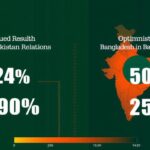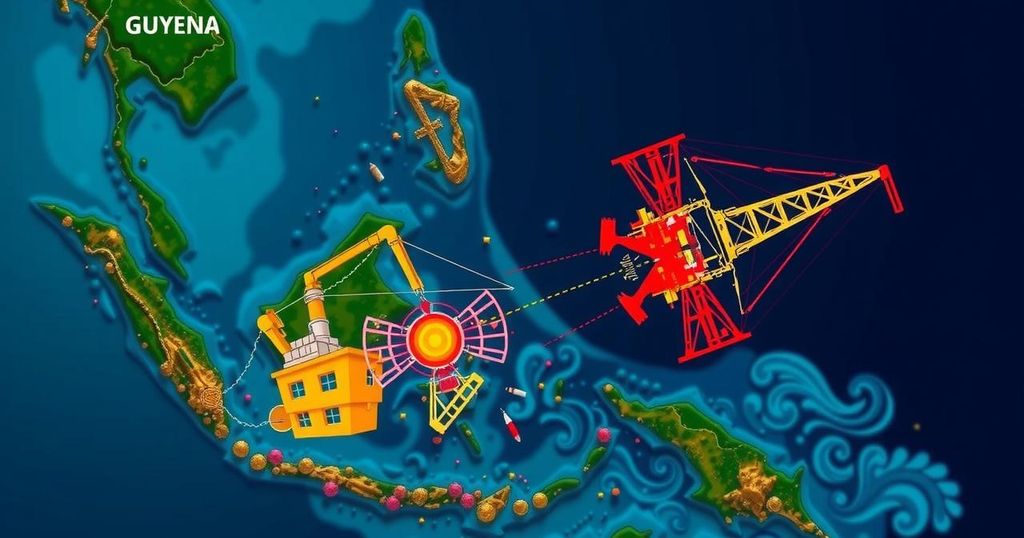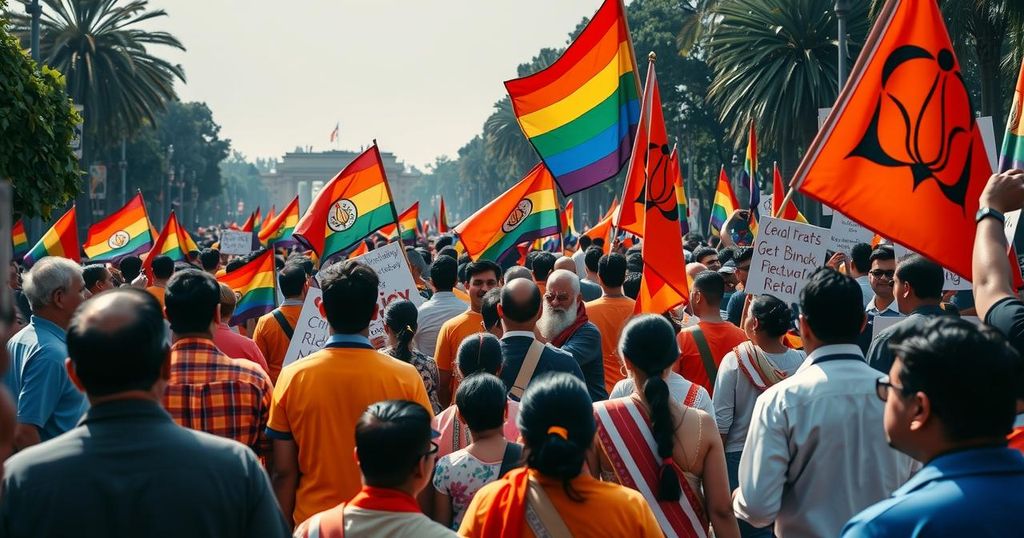Impact of India-Pakistan Rivalry on the Shanghai Cooperation Organisation (SCO)
The forthcoming hosted summit of the Shanghai Cooperation Organisation (SCO) in Islamabad has sparked significant discussion regarding the potential ramifications of the India-Pakistan rivalry on the effectiveness of this crucial multilateral body, which is primarily guided by China and Russia. Notably, the absence or presence of Indian Prime Minister Narendra Modi is anticipated to be a central factor in this discourse.
On August 29, 2023, Pakistan’s Ministry of Foreign Affairs confirmed its role as host for the SCO summit scheduled for October 15-16, 2023—a noteworthy occasion that represents the most substantial congregation of global leaders in Pakistan since 2012. The Indian Ministry of External Affairs acknowledged receipt of an invitation for Prime Minister Modi, although expectations surrounding his attendance are met with skepticism given the historically high tensions between the two countries.
This enduring rivalry not only hampers direct bilateral relations but has also had adverse effects on regional organizations established for cooperation, such as the South Asian Association for Regional Cooperation (SAARC). With leaders failing to convene for a decade, concerns arise about a similar fate for the SCO should India-Pakistan hostilities persist. Analysts are divided, with some cautioning that tensions could indeed disrupt the SCO, while others argue that the organization’s robust foundation, bolstered by China and Russia, may provide resilience against such disputes.
The SCO, which comprises key players including India, Pakistan, Russia, and China, facilitates a platform for dialogue that has, in the past, allowed leaders to engage in productive discussions even amidst contentious relations. However, significant impediments—principally the unresolved Kashmir conflict—continue to dominate bilateral discussions. The geopolitical landscape grew more complex after Modi’s government revoked Article 370 in Kashmir in August 2019, a move met with immediate protests from Pakistan.
India’s External Affairs Minister, S. Jaishankar, recently remarked that India has moved on from a phase of uninterrupted dialogue with Pakistan, further complicating prospects for Modi’s attendance at the summit. This sentiment is echoed by various experts, who believe that unless unforeseen positive developments occur, the likelihood of Modi making a historic visit to Pakistan—a first since 2014—appears slim.
Despite such tensions, some analysts remain hopeful that the SCO can navigate these challenges without significant disruption. The SCO was designed to foster collaboration while explicitly prohibiting the discussion of bilateral grievances during summits. However, the SAARC’s inability to function effectively despite similar principles serves as a cautionary tale.
The future of the SCO may hinge on the summit’s outcomes. If tensions between India and Pakistan continue to overshadow the proceedings, it could pose challenges to the organization’s functioning. Yet, the presence of powerful states like China and Russia as foundational members may afford the SCO a greater capacity for cohesion than what was observed in SAARC. The upcoming summit will be pivotal in determining whether the SCO can maintain its integrity amid historical animosities, ensuring it serves its intended purpose of fostering dialogue and collaboration among its diverse membership.







Post Comment